
EcoWatch Staff
EcoWatch is a long-time leader in environmental news. Founded in 2005 as an Ohio-based environmental newspaper, today we are a digital platform still dedicated to publishing quality, science-based content on environmental issues, causes, and solutions. While we’ve grown from a grassroots newspaper of 80,000 print copies to a site with a digital audience of more than two million monthly readers, we are still committed to our founding principle: creating a sustainable future.
Our Mission
Our goal is to empower readers to make informed, environmentally-conscious decisions that support a sustainable future for everyone. Through trustworthy environmental news, solution-based guides, and responsible product reviews, we want to help both the newly-concerned citizen and the veteran environmental activist be part of the solution every single day. Our hope is that we can help everyone become engaged, adopt sustainable practices, and support environmental policies.
We believe that our choices are a powerful force, and that together we can make better choices to create a better future for the planet, for wildlife, and for humanity.
Our Team

Irma Omerhodzic, Managing Editor
Irma joined the EcoWatch team in August 2015. She holds a Master’s degree and Bachelor’s degree from the E.W. Scripps School of Journalism at Ohio University in Athens, Ohio. She is a member of Kappa Tau Alpha – a national honor society of journalism.
She is passionate about coming together as a collective unit for the planet, in order to restore Earth back to its natural state of balance and unity. In her spare time, Irma enjoys hikes with her dog Myla, riding her bike, and paddleboarding during Cleveland’s summers.
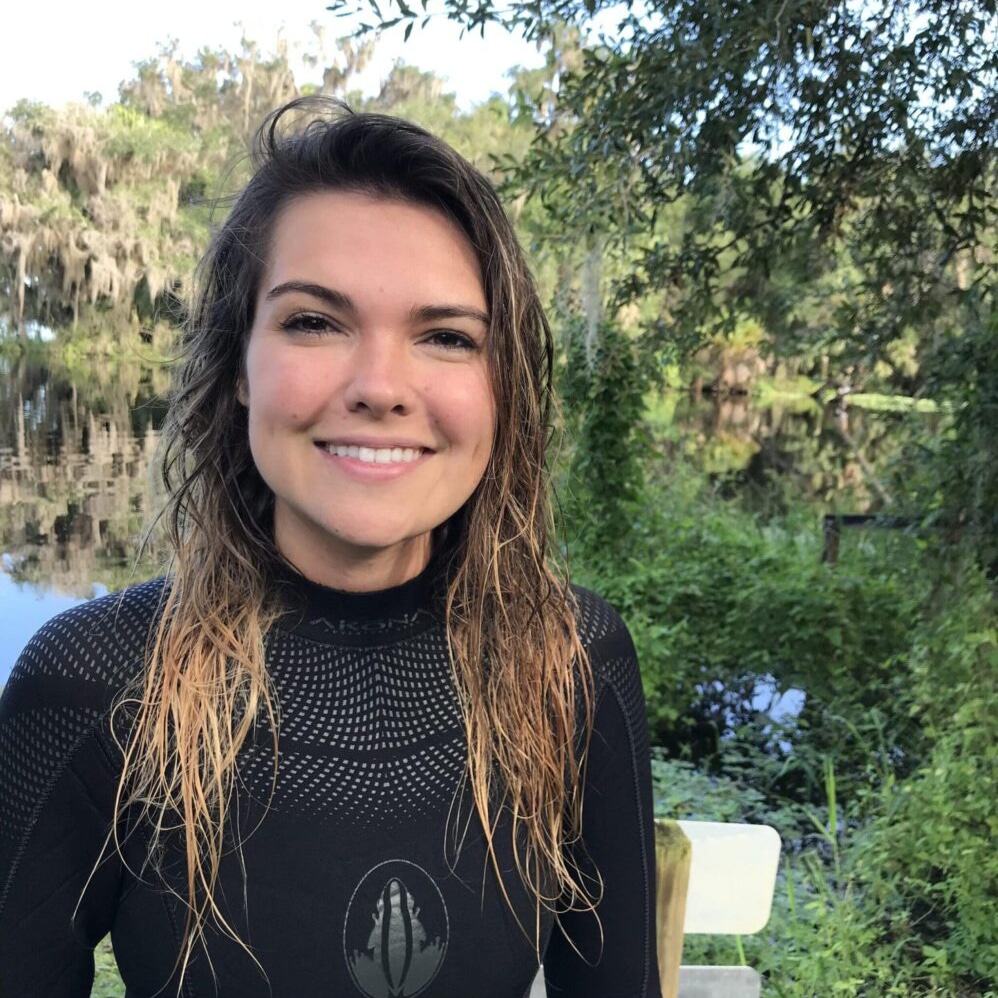
Melissa Smith, Senior Editor
Melissa is an avid writer, scuba diver, backpacker and all-around outdoor enthusiast. She graduated from the University of Florida with degrees in journalism and sustainability studies. Before joining EcoWatch, Melissa worked as the managing editor of Scuba Diving magazine and the communications manager of The Ocean Agency, a non-profit that’s featured in the Emmy award-winning documentary Chasing Coral.
Along with writing about the environment, Melissa volunteers with the Our World-Underwater Scholarship Society, Florida Trail Association and the Turtle Survival Alliance, through which she holds a state permit to conduct freshwater turtle research in Florida’s springs. Melissa is also a founding member of the Fridays For Future chapter in Orlando, Florida.
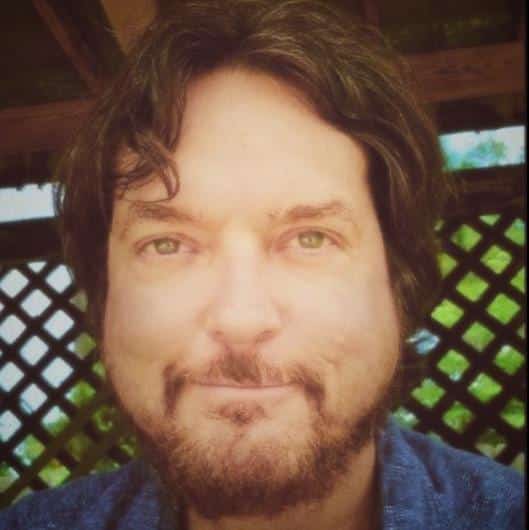
Chris McDermott, Senior Editor
Chris has a Ph.D. in English from the University of Georgia and a B.S. from Cornell University, where he studied human development and environmental analysis.
He was a staff writer for The Atlanta Journal and Constitution, and a contributor to Flagpole Magazine and Georgia Magazine.
Born in New York, he’s working on writing, music and research projects, and enjoys bicycling, hiking, swimming and travel.

Olivia Rosane, Contributing Reporter
Olivia has been writing on the internet for more than five years and has covered social movements for YES! Magazine and ecological themes for Real Life. For her recent master’s in Art and Politics at Goldsmiths, University of London, she completed a creative dissertation imagining sustainable communities surviving in post-climate-change London.
She has lived in New York, Vermont, London, and Seattle, but wherever she lives, she likes to go to the greenest place she can find, take long, meandering walks, and write poems about its wildflowers.
Follow her on Twitter @orosane.
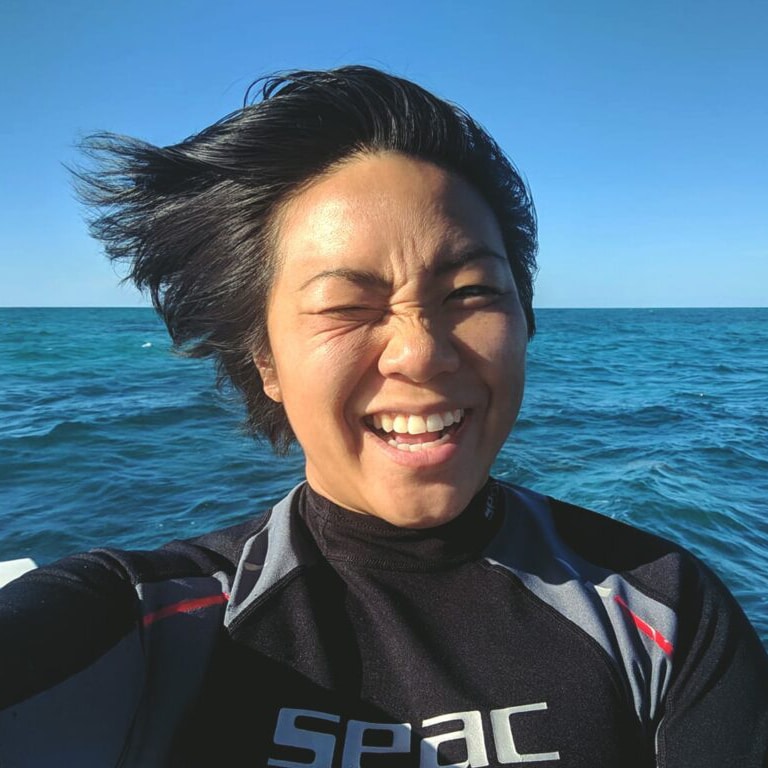
Tiffany Duong, Contributing Reporter
Tiffany is a writer, explorer and inspirational speaker. She holds degrees from UCLA and the University of Pennsylvania Carey Law School.
She spent years as a renewable energy lawyer in L.A. before a scuba diving trip to the Galapagos inspired her to quit everything and revamp her life. She moved to South America, the Amazon Rainforest, and eventually the Florida Keys as a scientific scuba diver and field reporter. Now, she writes about the oceans, climate, and the environment from her slice of paradise.
When she’s not underwater, she can be found on her yoga mat or planning her next adventure.

Angely Mercado, Contributing Reporter
Angely Mercado is a New York City born and bred freelance writer, researcher, and fact-checker. She was educated in journalism and research through the CUNY system and holds a masters from the Newmark Craig Graduate School of Journalism.
Her work is featured in Vogue Magazine, The New York Times, The Nation, Rolling Stone Magazine, Grist, and more. When Angely isn’t working incessantly, she’s enjoying NYC’s parks and free events, and binging cartoons.
Follow her on Twitter: @AngelyMercado
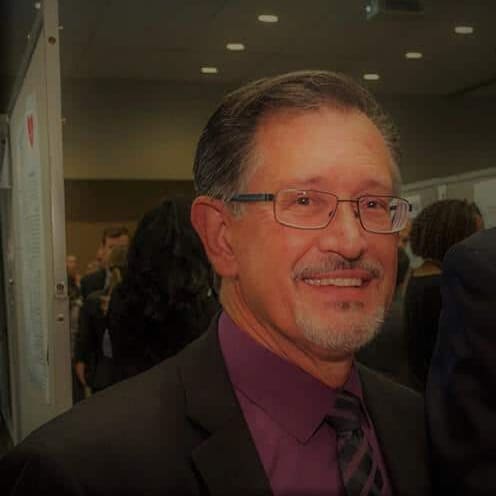
Alan Carter, PharmD, Scientific Advisor & Medical Reviewer
An experienced PharmD who has served as Principal Investigator for NIH Drug Development Programs, directed business strategy for a regional pharmacy chain, conducted medical formulary development and medication therapy outcome evaluations, with extensive background in both community and hospital practice settings.
Key accomplishments include exploring alternate methods for analytical evaluation of insulin, chairing Statewide Disease Management Councils, establishing clinical pharmacy programs, provision of Continuing Medical Education, and supply chain pipeline and drug safety evaluation. Areas of focus include evaluation of medical products utilized in treating Diabetes, Neurologic, and Oncologic diseases. Author of seventeen peer-reviewed medical publications as Adjunct Faculty at the University of Missouri-Kansas City.
He received both his Bachelor of Science in Pharmacy and Doctor of Pharmacy degrees from UMKC.
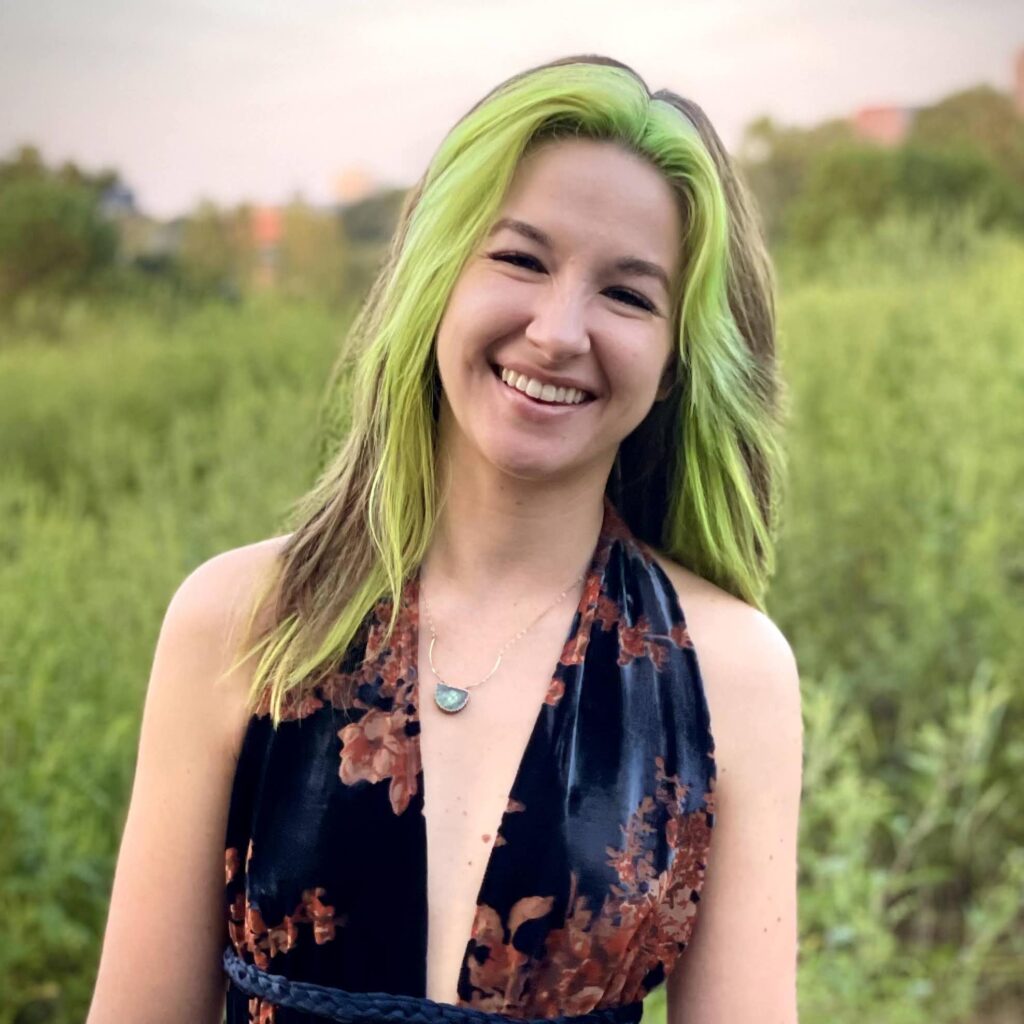
Devon Gailey, Digital Content Producer
Devon is a photographer, videographer, and designer. In addition to creating engaging digital content across online media channels, she leads EcoWatch’s community outreach initiatives. This includes networking with third-party advocacy partners. A North Carolina native, she holds a B.A. in Media Arts and Entertainment from Elon University.
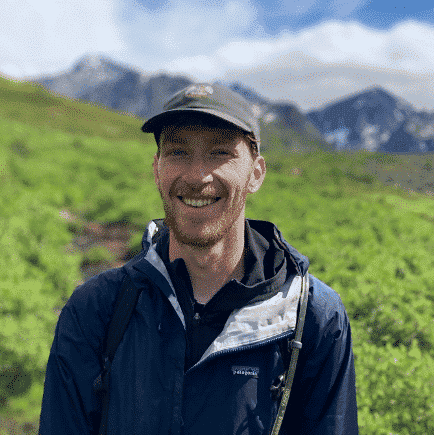
Karsten Neumeister, Content Associate
Karsten is a researcher, content writer and renewable energy specialist. Before joining EcoWatch, Karsten worked in the solar energy sector of New Orleans, studying energy policy, renewable energy technology and environmental education. His work with EcoWatch has been featured by sources including the World Economic Forum, the Solar Energy Industries Association (SEIA) and MarketWatch.
His firsthand experience in energy, humanities background and passion for sustainability help our readers learn and shop with confidence. A lover of music and the outdoors, Karsten might be found rock climbing, canoeing or writing songs when away from the workplace.
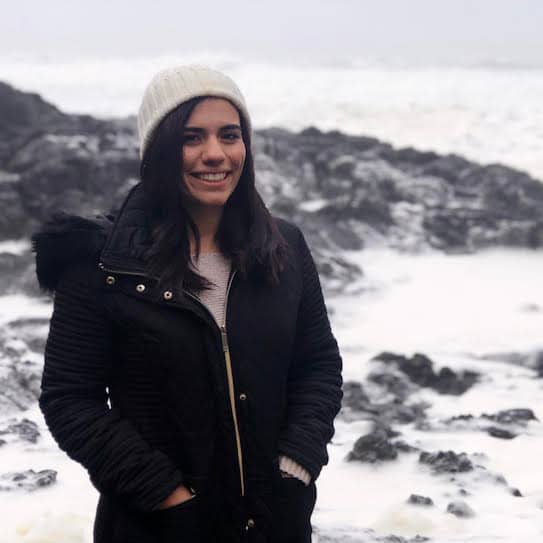
Kristina Zagame, Content Associate
Kristina is a journalist and content writer with a love for travel and storytelling. Before joining EcoWatch, Kristina was a TV news reporter and producer, covering a wide variety of topics including West Coast wildfires and hurricane relief efforts. Kristina’s reporting has taken her all over the U.S., as well as to Puerto Rico and Chile. When she’s not writing or traveling, you’ll find her reading in a Nashville coffee shop, pumping iron in the gym or rocking out to live music.

David Lafferty, Digital Public Relations Manager
David focuses on the promotion of our publication and getting our news in front of more eyes. Originally from Central Virginia, he holds a B.S. in Communication Studies with a focus in Public Relations from James Madison University. Before joining EcoWatch, he worked at a marketing company that focused on promoting products in various categories.
He brings his passion for public relations and outreach to our team to further empower more people to adopt sustainable living practices and find solutions that work for the good of the planet.
When he’s not working on ways to further our publication efforts to save the planet, you can most likely find him somewhere deeply engrossed in a good book.
Our Standards
The entire team at EcoWatch is committed to trustworthiness, integrity, and quality in every aspect of our work. Whether it is the news and editorial content or product reviews and guides, everything we publish is thoroughly vetted and fact-checked by our staff of editors. Below you can find more specific information on our approach to adhering to high standards in both news and reviews publication.
You can also read our Ethics Statement and Affiliate Disclosure for more information.
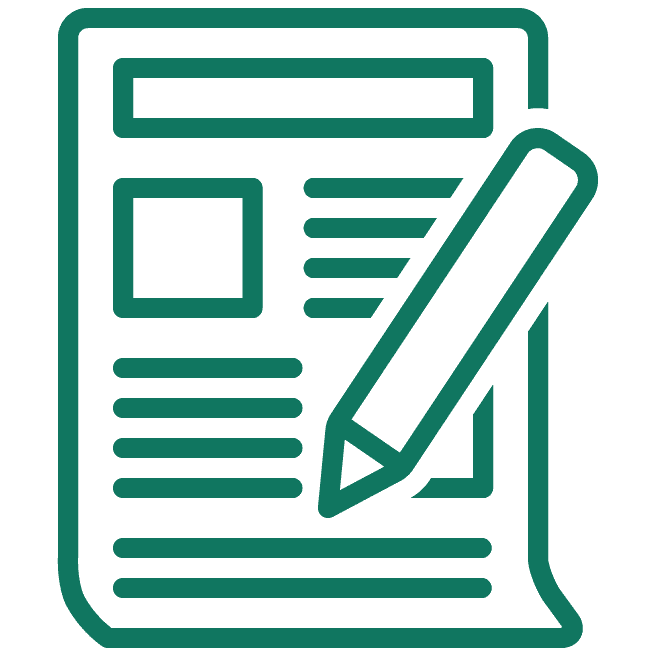
Editorial Standards
Trustworthiness, accuracy, and reliability come first at EcoWatch. The editorial team stays committed to strict journalistic standards in all stages of news production. We commit to publishing news that is unbiased, objective, accurate, diverse, and fair.
Additionally, our reporters and editors adhere to strict standards when sourcing facts, data, and claims. The editorial team sources information from reputable and official sources, such as government organizations, official records, scholarly reports, and expert interviews. All sources are hyperlinked within news articles.
Our editorial team is committed to issuing corrections for factual errors on EcoWatch’s news stories. We stay transparent about factual errors in our publication. Errors on EcoWatch are addressed swiftly. Once the error has been corrected, a note is issued at the bottom of the news story.
If you spot an error and want to let us know, send us an email at contact@ecowatch.com. We appreciate all feedback.
If you’re interested in reposting or sharing our news content, learn more here.

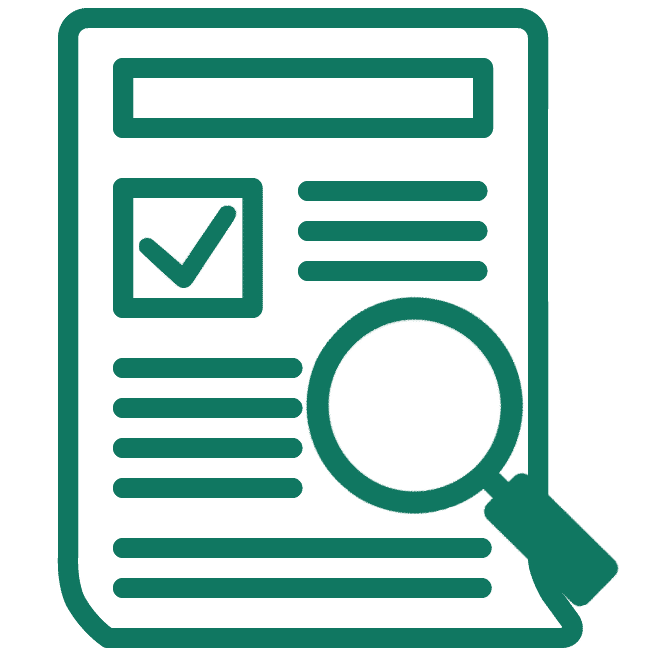
Review Standards
To help readers make smarter decisions about the products and services in their daily lives, we review eco-friendly brands we know care about the environment and products that we think can make a difference. Every review on our site is created with the following standards in mind:
○ Accurate – We dig deep into every category and every brand so we can tell fact from fiction. All of the claims in our reviews are backed by credible sources and fact-checked by editors. We work to see through greenwashing by brands who just offer talking points.
○ Impactful – We believe in the products we recommend and aim to review a wide variety of categories and brands. To earn our recommendation, an item or brand must provide a genuine benefit to the planet and your health. We scrutinize everything from the sourcing of materials and the footprint of the manufacturing process to the amount of packaging waste produced. We look for products that meet the highest standards of industry watchdogs and eco-certifications.
○ Transparent – We seek to explain how we review each category and why we recommend a particular product or service. The goal is for you to leave our site with more than just a list of products to try. We want you to leave our site with the knowledge to identify additional solutions and opportunities to make an impact on your own. All sponsored content is clearly labeled so you know and trust what you’re reading.
○ Accessible – No matter who you are or where you are on your journey towards a more environmentally-conscious life, you are welcome here. Our reviews are written so that anyone can understand what environmental issue is at stake, why addressing it is important, and how the service or product we recommend can help.
○ Positive – There are habits and choices we can all adapt to be better stewards of our planet and each other. We understand that beyond individual actions, systemic changes may be needed. Accordingly, we aim to provide the information and insights necessary for all of us to find solutions and make a difference, together.
You can learn more about our process by visiting our Reviews Methodology page.
Our Advisors
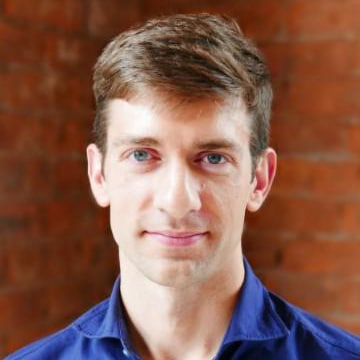
James Lawler
James Lawler is the founder of Climate Now and Osmosis Films. Climate Now is a multi-media, expert-driven resource for investors, policymakers, and business leaders seeking to better understand the science, technologies, and economic and policy opportunities to achieve net-zero emissions globally by 2050. Osmosis Films is a creative agency producing impactful storytelling across animation, design, and visual content for major companies and organizations around the world.
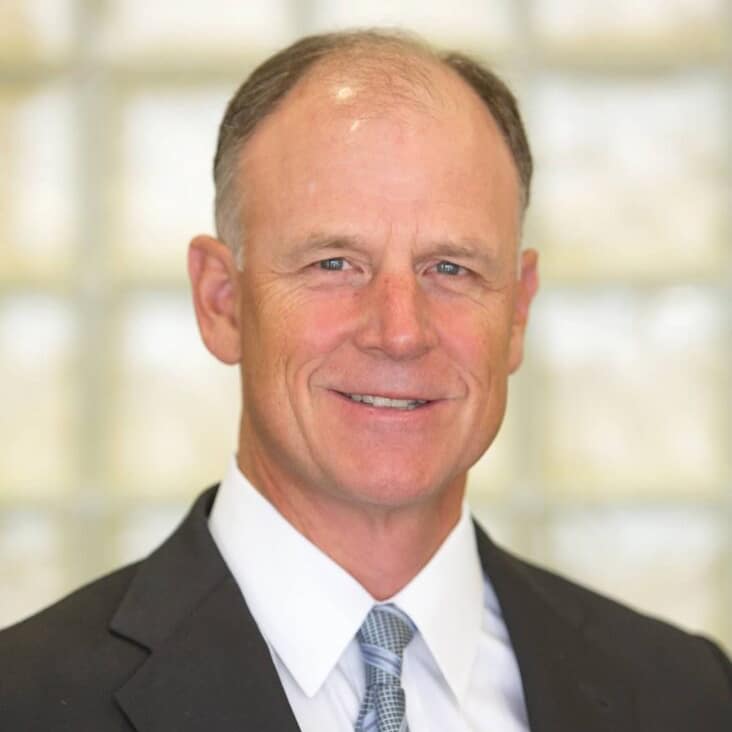
Syd Kitson
Syd Kitson is Chairman and CEO of Kitson & Partners, a Florida-based real estate company specializing in the creation and development of master-planned communities and commercial properties.
Kitson is a graduate of Wake Forest University with a Bachelor of Arts degree in Economics. Kitson had a notable career in the National Football League, playing offensive guard for both the Green Bay Packers and the Dallas Cowboys. Upon his retirement from professional football in 1985, he began his career in real estate and founded Kitson & Partners in 1999.
In 2006, Kitson completed the historic purchase of Babcock Ranch in Southwest Florida, encompassing more than 91,000 acres – an area five times the size of the island of Manhattan. Over 80% of the original land purchase, some 73,000 acres within Charlotte and Lee counties, has been preserved by the State of Florida and Lee County, in the largest single land preservation agreement in the state’s history. On the portion of the historic ranch he retained, he is creating the new town of Babcock Ranch, the nation’s first solar-powered town that is setting a whole new standard for sustainable, responsible growth.

Roger Horowitz
Roger is dedicated to empowering communities to go solar. Roger combines his passion for community development and organizing with his love of solar energy. Before joining Solar United Neighbors, Roger owned his own ice pop business for 10 years. He also has a background in community organizing. This focused on high school and college outreach. He graduated from the University of North Carolina at Chapel Hill with a Bachelor’s in Peace, War, and Defense and in Spanish. Roger lives with his family in Washington, D.C.
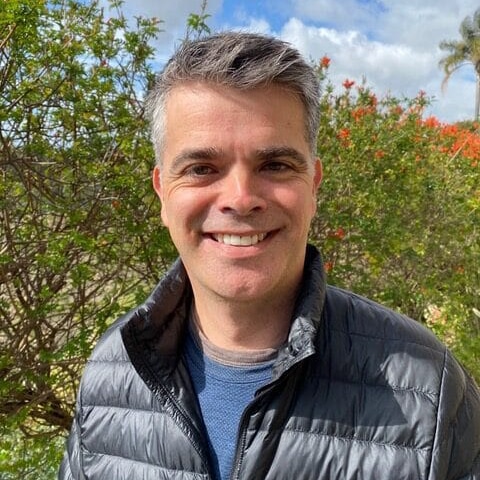
J.P. McNeill
JP McNeill is founder and CEO of Ando, the first banking service that allocates 100 percent of customer deposits to carbon-reducing projects (e.g., solar installations for businesses and residences, often in underserved areas). Ando—a certified B Corporation—provides customers with full transparency into what types of projects their deposits are funding. Ando was named “Best for Banking in Good Conscience” by Real Simple’s 2021 Smart Banking Awards and, just a year after its inception, has already funded more than $12 million worth of solar installations across the United States. JP was previously co-founder and CEO of Renovate America, which partnered with more than 700 cities and counties to fund over $3 billion in green bonds.

Jim Geikie
Jim Geikie is a partner in One Better Ventures, a B-Corp-certified investment and advisory firm based in Raleigh, North Carolina. One Better Ventures works with companies that promote human wellness, environmental sustainability, and social justice. Prior to One Better Ventures, Jim spent a decade as an executive at Burt’s Bees, an earth-friendly natural personal care company.

John Replogle
John Replogle is a leader in the conscious consumer and mission-driven brand movement, with extensive experience leading fast growth, high-performing businesses including Seventh Generation and Burt’s Bees. Seventh Generation helped to launch the B Corp movement and has been awarded the “Best for the World” distinction from B Labs. John believes that business is one of the most powerful forces on earth and such power must be harnessed for the greater good. He also served as President of Unilever’s Skin Care business and President of the Guinness Bass Import Company. John started his career at the Boston Consulting Group and holds degrees from Harvard Business School and Dartmouth College.
Recently, John is a Founding Partner of One Better Ventures, a Real Leader 100 social impact firm that advises and invests in mission-driven consumer goods companies. He serves on the Boards of Seventh Generation, Dartmouth, Leesa Sleep, Cree, Melissa & Doug, Beautycounter and BEST NC. He is an active environmentalist and champion of social entrepreneurs. He and his wife Kristin live in Raleigh, NC and they are proud to have raised four smart, strong daughters with big hearts.
How We Make Money
Each product featured in our reviews has been independently selected by the writer based on our standards and any industry-specific criteria. We do have financial relationships with certain affiliates, advertisers, sponsors and other third parties that we review. If you make a purchase using a link to one of these affiliates, we may earn a commission on that sale. An affiliate disclosure is always included on the page of any content that contains an affiliate link.
Also, you may see third-party ads posted on the site. Each time you click on such an ad, we will receive compensation from the third-party advertiser, even if you do not purchase something from the third party.
While there is a paid connection between some of the products or services mentioned, reviewed, or recommended on our site, we still seek to provide our honest opinions, findings, beliefs, and experiences as they relate to the products and services that we review.
All sponsored content is clearly labeled as such, and our affiliate relationships do not influence the accuracy or quality of our reviews content.
For information about our commitment to privacy and our use of cookies, please see our Privacy Policy and Terms of Use.
EcoWatch.com is owned by Remedy Review LLC.

 233k
233k  41k
41k  Subscribe
Subscribe 